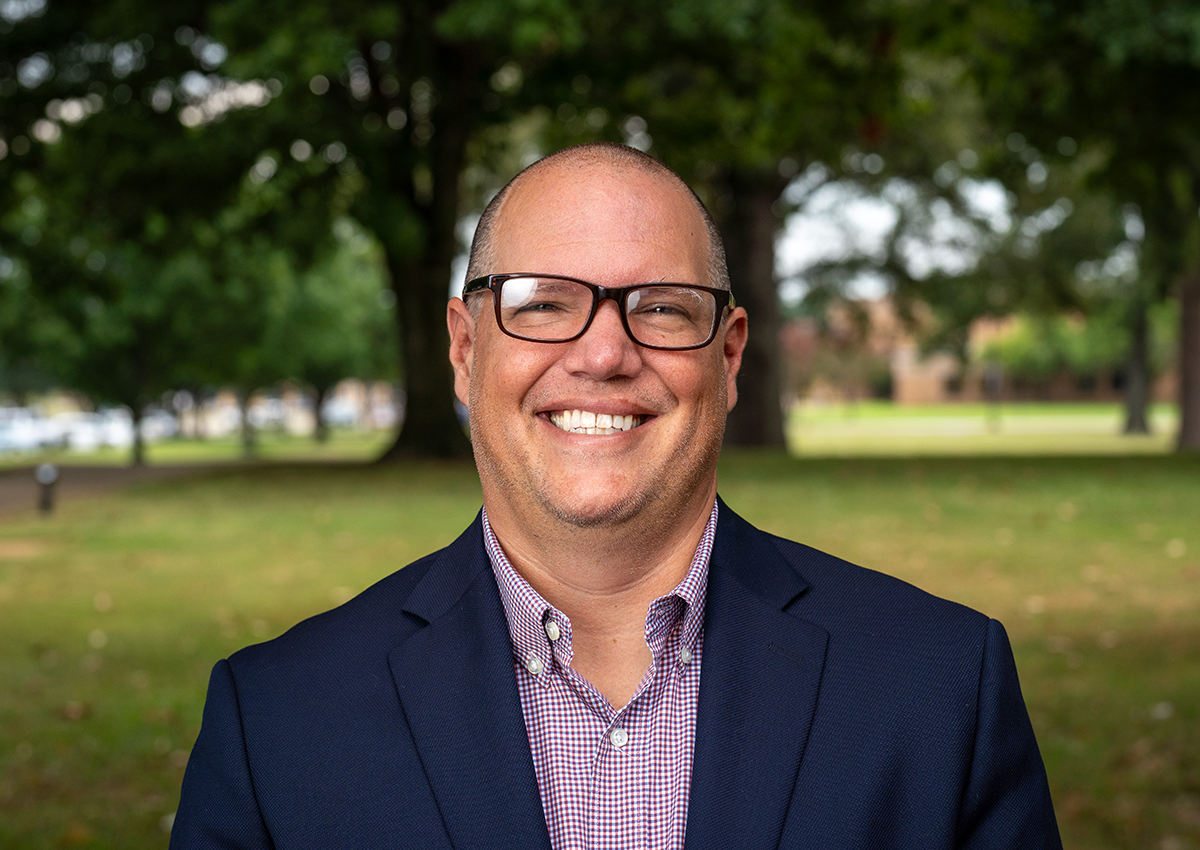Office Location
- Heath Hardwick Hall, Room 110
Education
- Ph.D., University of St. Andrews, 2011
- M.A., Pepperdine University, 2005
- M.Div., Pepperdine University, 2004
- B.A., Pepperdine University, 2001
About Me
Hello, I hope to see you in one of LeTourneau's theology classes!
Wondering what theology is? Two good definitions of theology are "faith thinking" (P.T. Forsyth, 1848-1921) and "faith seeking understanding" (Anselm of Canterbury, 1034-1109). Theology is our response to God's gracious word to us (Jesus Christ: the word made flesh, God with us [John 1:14; Matthew 1:23]) and so theology works under the authority of the Holy Bible (God’s written word). Just looking at the Greek words behind "theology" could lead us to define it as "talk or reasoning about God," but because of who God is and what God has done, theology also includes who we are and what we are called to do.
While theology is an academic discipline, I approach it as the early Christians did: a spiritual discipline for conforming our whole lives to Jesus Christ by the power of the Holy Spirit. So, my classes are as much about praise, prayer, wisdom, evangelism, and service as they are about papers and exams. This transformative work of theology is a calling shared by all Christians and, by the grace of God, I hope to share it with you. Look, I even snuck a little theological education into my faculty page!
What classes do I teach as a Professor of Theology?
- Biblical Theology for the Christian Life (THEO 2043): Starting with who God is (Father, Son, and Holy Spirit) and what this God has done (creation, reconciliation, redemption, etc.), we think about who we our (identity) and what we are called to do (vocation). As we consider vocation, we pay attention to the calling that is common to all Christians and your particular calling (to be a pilot, a teacher, a nurse, an engineer...).
- Introduction to Christian Doctrine (THEO 3103): Starting with what we learned in THEO 2043 and engaging with scripture throughout, we dive deeper into the Christian gospel and what it means for our knowledge of God, God's identity and character, the work of creation, the person and atoning work of Jesus Christ, the person and sanctifying work of the Holy Spirit, the church, and the last things. Students who are serious about understanding their faith love this class.
- The History of Christian Thought (THEO 3133): I think of this course as returning your stolen inheritance to you. Most contemporary Christians know very little about the post-biblical story of this family into which we were adopted. Time to meet your crazy uncles and aunts! Seriously, I have not had a student whose faith was not enriched by encountering these voices from the past who, despite many differences, share our confession of Jesus Christ as Lord.
- Christian Apologetics (THEO 3203): When Christians proclaim the gospel (good news), we call it evangelism. When Christians address questions, concerns, or objections to that proclamation, we call it apologetics. When we study apologetics, we are not learning how to win arguments, but how to address these responses with gentleness and respect. Students love this class because they learn about both their faith and apologetics.
As the Director of the Passage Institute for Youth & Theology, I also work to help high school students understand the relationship between theology and vocation. For more information, visit the Passage page.
